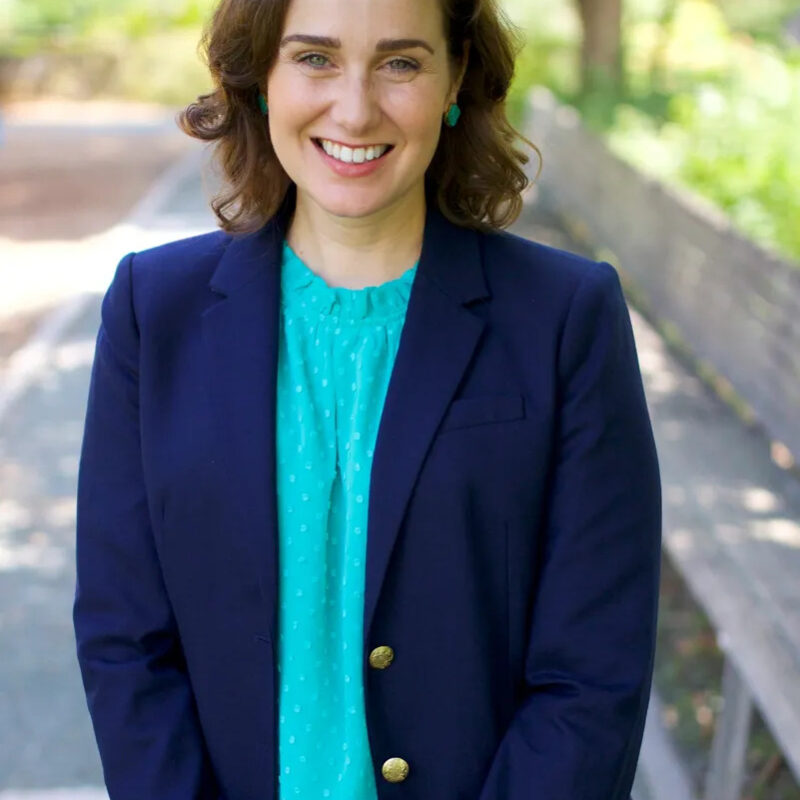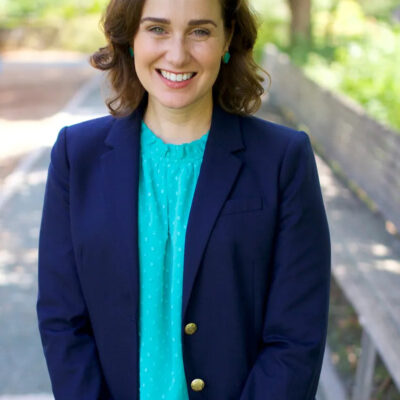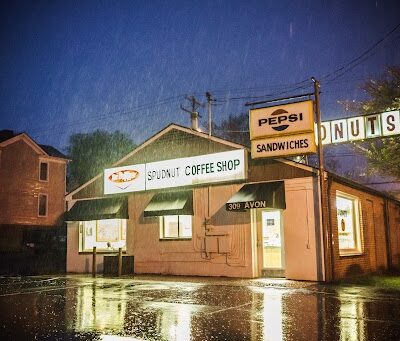If you trekked to D.C. for the inauguration, you probably spotted or even purchased your fair share of commemorative Obama merchandise: the usual t-shirts, water bottles, and baby bibs; the kitschier “Shot of Hope” shot glasses and “Party like a Barack Star” thongs. None of it rare and hardly any of it valuable.
|
Auctioneers expect this 1861 document of Albemarle County free black Spotswood Farran paying taxes to go for between $800 and $1,000. |
According to the experts, the really must-have memorabilia of the day are pre-Obama tokens of our nation’s racially charged past.
“There’s been a tremendous upturn in interest in black history and collectibles of that genre because of the historic inauguration of Obama,” says Dana Linett, president of the online company Early American History Auctions (earlyamerican.com).
The site currently has an item of local interest up for grabs: the Civil War-era tax receipt of a “Free Negro” living in Albemarle County. In 1861, Spotswood Farran (or Farrar) paid $2.12 in taxes on privately owned property to the County Sheriff.
While free blacks regularly paid taxes in antebellum Albemarle, they only comprised about 2 percent of the local population. Well-preserved and rare, this particular document is expected to go for $800 to $1,000 in the auction ending February 14.
Archivist Michael Plunkett says the increase in public attention to items like this one isn’t new. “Over the past 10 to 15 years, the autograph market for African-American materials in all fields—slave, free; literary, historical—has become quite significant.”
As director of UVA Library’s Special Collections, Plunkett increasingly looks to the online auction industry for new finds, and, he says, “We’re always interested in African-American materials.” But now he’s up against newly revived individuals bidding to expand their own personal collections.
Linett agrees that private interest is piqued: “As more and more people are finding ties to their roots, they are seriously collecting these artifacts of their past.”
For some, it’s probably about roots; for others, it may be return on investment. Either way, Steven Meeks, president of the Albemarle Charlottesville Historical Society (ACHS), wishes historic preservation would be left to the experts. “It is a shame that [the Spotswood Farran piece] was not donated to a place like ACHS where it could be preserved and studied,” he says.
C-VILLE welcomes news tips from readers. Send them to news@c-ville.com.






